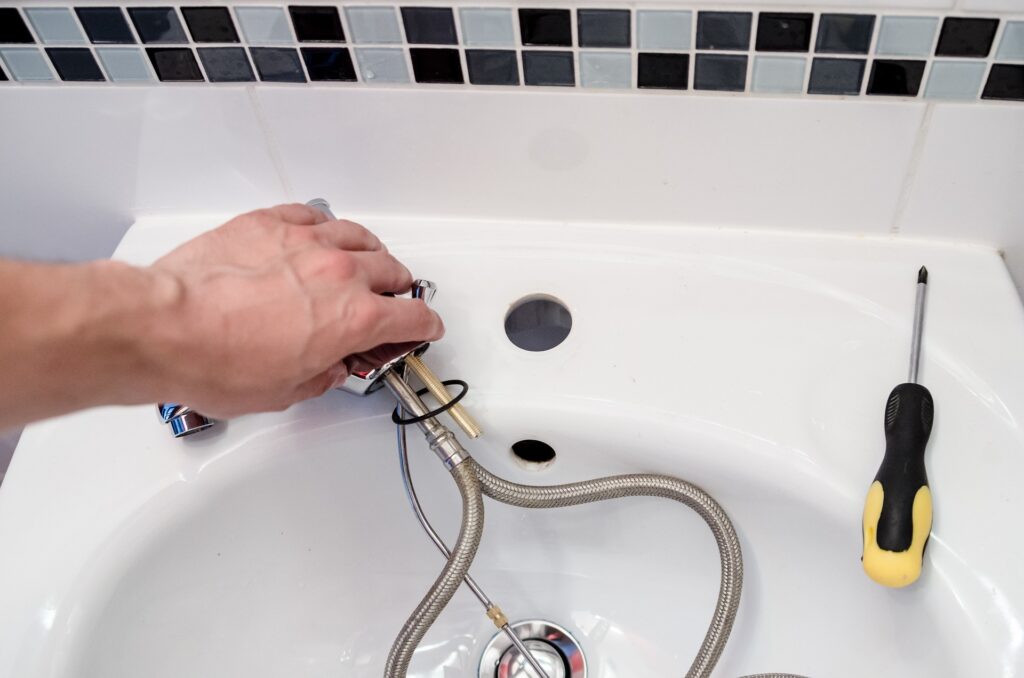Understanding Hot Water Heater Venting: Why it Matters

Hot water heaters are an integral part of any home’s plumbing system. Not only do they provide hot water for showers, laundry and other tasks. But they also protect your home from damage caused by gas buildup. Therefore, it is essential that you understand and properly maintain the heater venting system associated with your hot water heater.
In this guide, we will explain why proper venting matters when it comes to hot water heaters and how you can ensure that yours is functioning correctly.
Why Venting Matters:
The main purpose of a heater venting system for a hot water heater is to release harmful gases such as carbon monoxide (CO) out of the house. Without adequate ventilation, these gases can build up and become a serious health hazard. Additionally, the heater venting system helps to keep fresh air circulating in your home, making it more comfortable for you and your family.
Another reason why it is important to properly maintain the heater venting system of your hot water heater is that it can reduce energy costs. A damaged or clogged vent will cause the heater to use more energy than necessary, which can result in higher monthly bills. By regularly inspecting and cleaning your heater venting system, you can help ensure. That it is functioning correctly and saving you money on energy costs.
Hot water heaters are an essential part of home plumbing, providing hot water for showers, cleaning dishes and other tasks. As such, it’s important to make sure that the system is properly installed and vented for maximum efficiency and safety.
This article will provide a basic overview of hot water heater venting, including why it matters, how to install it correctly and some common problems you may encounter.
Why Venting Matters:
Venting hot water heaters is crucial for two reasons: safety and performance. Vents help ensure that any dangerous gases created by the combustion process in your hot water heater (such as carbon monoxide) do not enter your home or building—which can potentially cause serious health issues. Second, heater venting helps to increase the efficiency of your hot water heater. By allowing heated gases to escape from the system. This prevents waste heat from building up in the unit which can reduce overall performance.
How to Install a Hot Water Heater Vent:
When installing a hot water heater, you’ll need to make sure that it is vented properly. Generally, this involves running a pipe from the hot water heater through an outside wall. And connecting it to an approved vent hood or cap. Depending on your local codes and regulations, you may need to install additional vents. For larger units or for those located in confined spaces such as attics or basements. It’s important to consult with an experienced contractor when installing a hot water heater vent to ensure it is done properly.
Common Problems with Hot Water Heater Vents:
Although hot water heater vents are relatively simple to install, there can be problems. That arise if the system is not installed correctly or has become damaged over time. These issues can include inadequate ventilation, blockages or leaks in the vent pipe. And improper connections between the hot water heater and outside wall. If you encounter any of these problems, it’s best to consult with a professional for help as soon as possible.
Conclusion:
Venting your hot water heater is an important part of installation and maintenance. Properly vented systems will provide maximum performance and safety while preventing dangerous gases from entering your home or building. Be sure to consult with a professional when installing or repairing hot water heater vents to ensure that the system is functioning properly.
It is important to regularly inspect your hot water heater. And heater venting system for any signs of damage or wear and tear. If you notice any problems, be sure to contact a qualified technician as soon as possible. You may need to replace seals, parts or even the entire unit in order to bring it back up to optimal performance levels. Additionally, always follow local codes and regulations while installing. And maintaining your hot water heater venting system in order to avoid any potential safety risks. Taking these steps will help keep your home safe and your hot water heater running efficiently for years to come!
